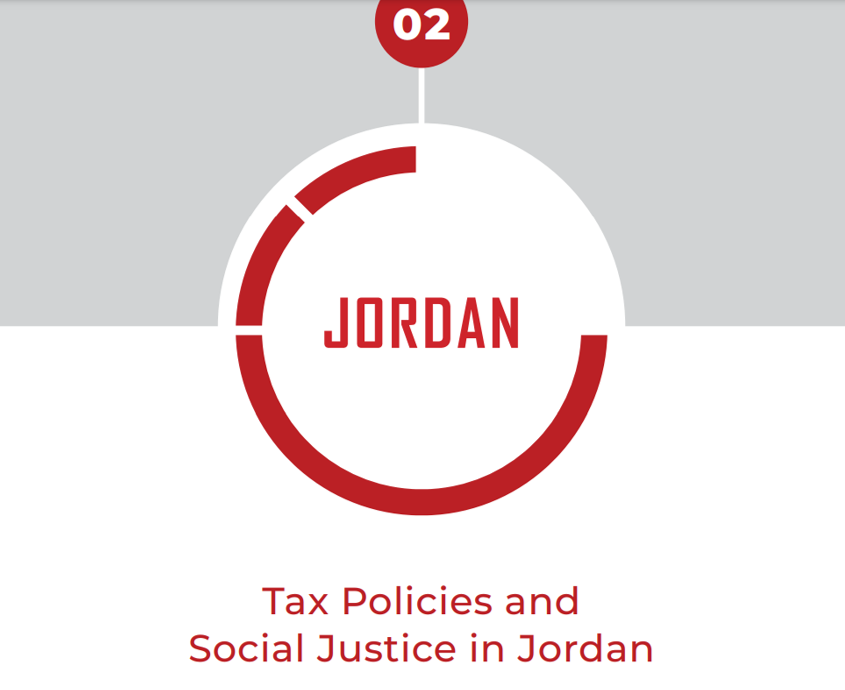
Ahmad Awad

Introduction
The present study is designed to analyze the tax policy and tax system in Jordan and their impact on social justice as one of the most important mechanisms related to the redistribution of income and wealth among individuals, thus improving its ability to achieve social justice and combating social inequality; this recognizes how the tax system may control social and economic differences through the provision of equitable services and opportunities by directing public spending.
The study includes a theoretical framework related to the tax concept, types and importance, and then addresses tax policies and social justice, and identifies the features of tax systems in general, and the characteristics of the tax system and management in Jordan.
The study aims to analyze the types of taxes in Jordan and examine the relationship between these types and indicators of tax justice. It also analyzes the relationship between tax exemptions, tax evasion, social justice, social inequality and the expansion of the informal sector.
The study’s methodology will be based on the use of desk research, which includes the review of studies related to tax policy, the use of a qualitative research tool through in-depth interviews and focused working groups with legal and financial specialists on tax issues to
examine tax policies, privileges and exemptions, and the extent of stakeholders’ participation in developing tax policies and control, from the private sector, the civil society, the Parliament and trade unions.
The study will present a set of alternative recommendations and policies that would improve the fairness and efficiency of the tax system and policies in Jordan.
Click here for the full report: Tax Policies and Social Justice in Jordan
This is a part of "Report on Taxes and Social Justice in the Arab Countries" studies
Recent publications

